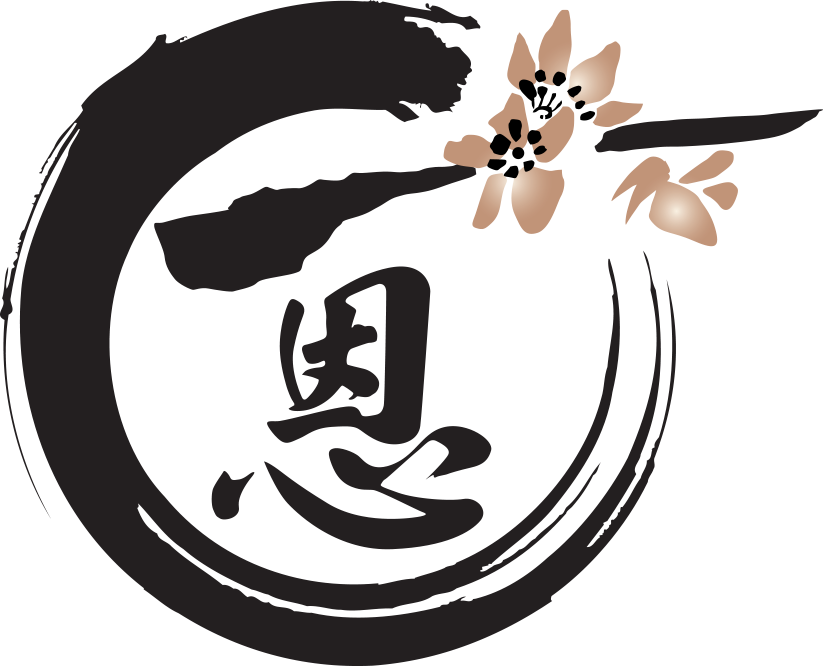

Infertility is becoming a vastly common sighting throughout the globe. The problem of infertility is a very complex and complicated topic and that has led to the complexity of its treatment process as well.
The World Health Organization (WHO) defines Infertility as a disease of the reproductive system defined by the failure to achieve a clinical pregnancy after 12 months or more of regular unprotected sexual intercourse. There are two types of infertility, Primary infertility and Secondary infertility. Primary infertility is infertility in a couple who have never had a child. Secondary infertility is failure to conceive following a previous pregnancy. According to statistical reports, the overall incidence rate of infertility stands up to 10%-15% of the world’s population. Of this, about 25-40% of the problem lies with the males, 40-55% with the females, 20% of which are two sided, and the last 10% is of unknown cause.
In TCM, the knowledge of infertility dated 2000 years back, leaving physicians with a vast array of experiences in the diagnosis and treatment process. Throughout the years, the clinical efficacy of infertility has been promising, with relatively low occurrences of side effects during treatment procedures. This has led to the acceptance of TCM methods of treatment in many. To date, TCM uses herbal medicinal treatment procedures, as well as acupuncture for the treatment of infertility.
TCM classifies the causes of infertility as follows: kidney deficiencies, stagnation of the liver qi, a weakened spleen, and the stagnation of blood flow.
TCM regards deficiencies of the kidney to be the most common cause of infertility. In TCM, the kidney is viewed as the centre of the body’s yin and yang, or the origin of life and reproduction. TCM views the kidney to be the primary organ responsible for the one’s fertility. Genetic disposition, ageing, an overactive sexual life, a weak constitution or chronic illnesses can cause kidney deficiencies. Symptoms include oligomenorrhea, lower back pains, fatigue and tinnitus.
Females are more prone to getting the stagnation of the liver qi, which is another common cause of infertility. In TCM, the liver governs the storage of blood and is also the primary organ responsible for a woman’s menstrual cycle. Stress and emotional imbalances can result in the stagnation of the liver qi, which can ultimately lead to infertility. Symptoms include irregular periods, cramps, irritability and tightness in the chest.
A weakened spleen can be caused by irregular eating habits, over-eating or intake of fatty food. In TCM, the spleen is the primary organ for the health and vitality of the body as it plays a huge role in transforming digested food in the stomach into nutrients and qi. A weakened spleen often causes dampness and phlegm in the body, which can interfere with one’s fertility. Symptoms include obesity, irregular periods, increased white vaginal discharge and a lack of appetite.
There are many reasons that can result in the stagnation of blood flow in the body. In TCM, a stagnation of the blood flow in the uterus can be a cause of infertility. Symptoms include menstrual cramps, increased blood clots during menstruation and painful sexual intercourse.
The reasons for infertility can involve one or both partners. What was discussed earlier was projected at the women. If the cause arises from the men, they should seek treatments to increase chances of pregnancy. TCM looks at a holistic diagnostic approach and seek to target the root of the problem.
Aside from medicinal treatments, a healthy lifestyle is just as important. For the women, menstrual hygiene is of utmost importance. A healthy sexual life can also help to increase chances of pregnancy. Another important aspect would be a healthy mental wellbeing. Once infertility has been diagnosed, one should stay positive and be patient. A bad state of mind can deteriorate the bodily functions, which can increase the severity of the condition. A balanced diet and moderate exercise can also help improve the problem of infertility.
Patients who are diagnosed with kidney deficiencies should avoid overactive sexual lives. Examples of food that can help to increase one’s kidney functions include wolfberry, mulberry, walnuts, Chinese yam and black sesame.
Patients diagnosed with a stagnation in the liver qi should learn to relax and reduce incidences of stress in their lives. One can drink some rose tea (3-5 buds) with wolfberries to help ease the stagnation of the liver qi.
Patients with a weakened spleen should cut down on red meat, sugary food, deep fried food and a sedentary lifestyle. One can opt to drink some orange peel, grapefruit peel or lemon peel with coix seed and ginger to build up the spleen and remove dampness in the body.
Patients with stagnation of blood flow in the body should always aim to keep warm as it will aid in the circulation of blood flow and prevent stagnation. Moderate exercise should also be added to help in the blood circulation around the body. One can also choose to take a some hawthorn, motherwort leaves (in small quantities) or some black fungus to help improve the body’s blood circulation.
Written by: Dr. Ace Wong Wan Yuan
